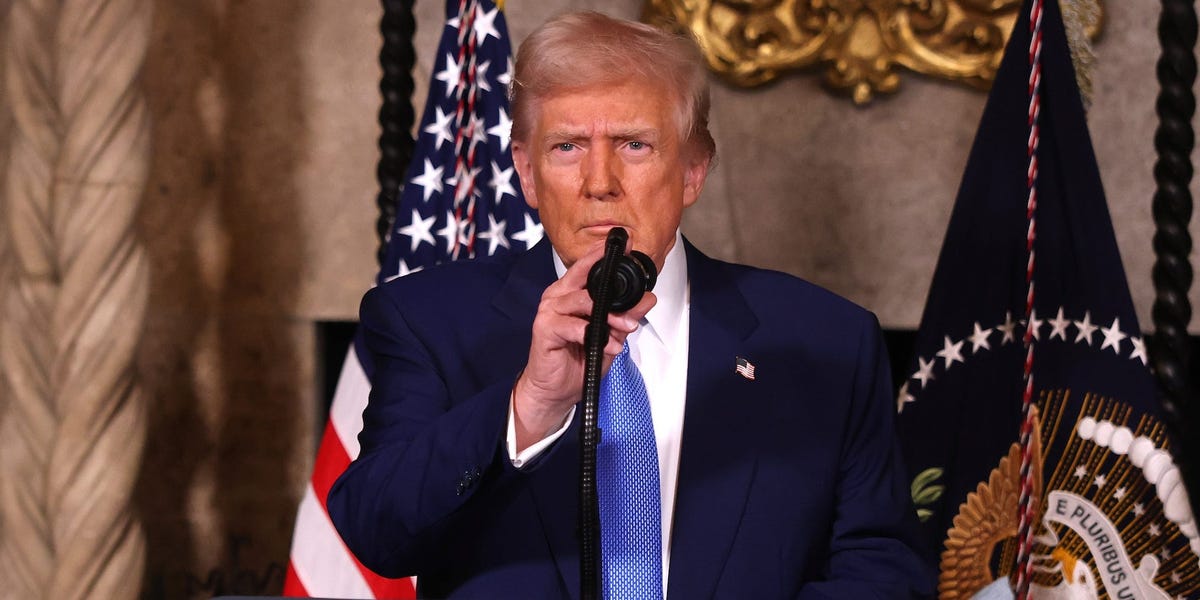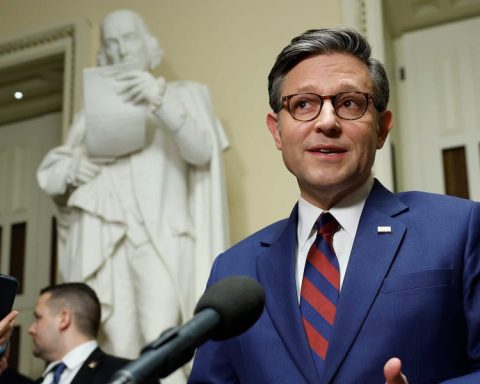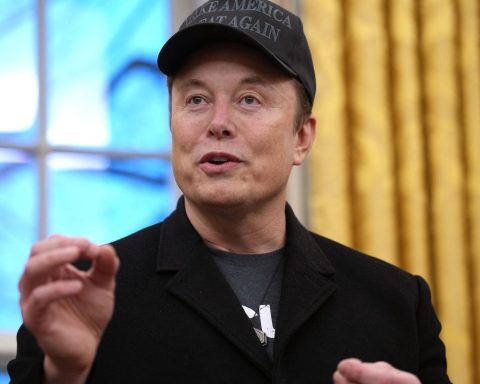President Donald Trump endorsed a House GOP budget plan on Wednesday, despite earlier pledging that he wouldn’t touch Medicaid, which insures about 70 million Americans. In an interview alongside Elon Musk that aired on Tuesday night, Trump stated, “Medicare, Medicaid, none of that stuff is going to be touched.”
Just hours after this assurance, Trump backed a Republican outline that potentially consists of substantial cuts to Medicaid. This budget plan is part of a broader Republican effort to implement massive spending reductions in order to finance trillions in tax cuts and other initiatives. Recently, House conservatives achieved a significant victory by securing a budget blueprint that links the scale of proposed tax cuts to that of the spending cuts made.
If Republicans fail to implement sufficient spending cuts, they may not be able to fulfill all of Trump’s commitments, which include eliminating taxes on tips and overtime pay. This plan has drawn criticism from Senate Democrats, particularly after Trump declared his intent not to alter Medicaid and Medicare in the interview.
Senator Tammy Baldwin of Wisconsin highlighted the contradiction, stating, “Last night, the president said, ‘I’m not touching Medicare, Medicaid, the VA,’” and criticized his endorsement of the budget plan that could lead to significant Medicaid cuts.
Historically, Trump has expressed support for Medicaid, referring to it as something he would “love and cherish.” The program was established concurrently with Medicare in 1965 to provide health insurance to low-income individuals of all ages.
The White House maintains that the Trump administration is committed to Medicaid while also pursuing reforms aimed at addressing waste and fraud within the program. Spokesperson Kush Desai noted that such reforms would enhance efficiency and beneficiary care.
Last week, the House Budget Committee released a draft outlining nearly $2 trillion in proposed spending cuts. Among these cuts, around $880 billion is anticipated to come from the House Energy and Commerce Committee over the next decade, likely affecting Medicaid services.
Proposals from some GOP leaders suggest implementing per-capita caps on Medicaid, potentially resulting in savings up to $900 billion. Such cuts might lead to reduced services or necessitate alternative funding methods, impacting millions of beneficiaries.
Meanwhile, congressional Republicans are in a dispute regarding how to navigate the special budget process that allows them to extend Trump’s 2017 tax plan, enforce stricter immigration policies, and possibly eliminate taxes on tips, all without Democratic support. This reconciliation process appears to be the most viable method for Trump to realize significant parts of his domestic agenda, given the slimness of Republican majorities in Congress.
Senate Republicans have a different plan that does not include tax cuts, opting instead to focus on extending existing cuts and potentially introducing new ones later this year. Before Trump lauded the House bill on Truth Social, Senate Republicans were expected to advance their own proposal.









